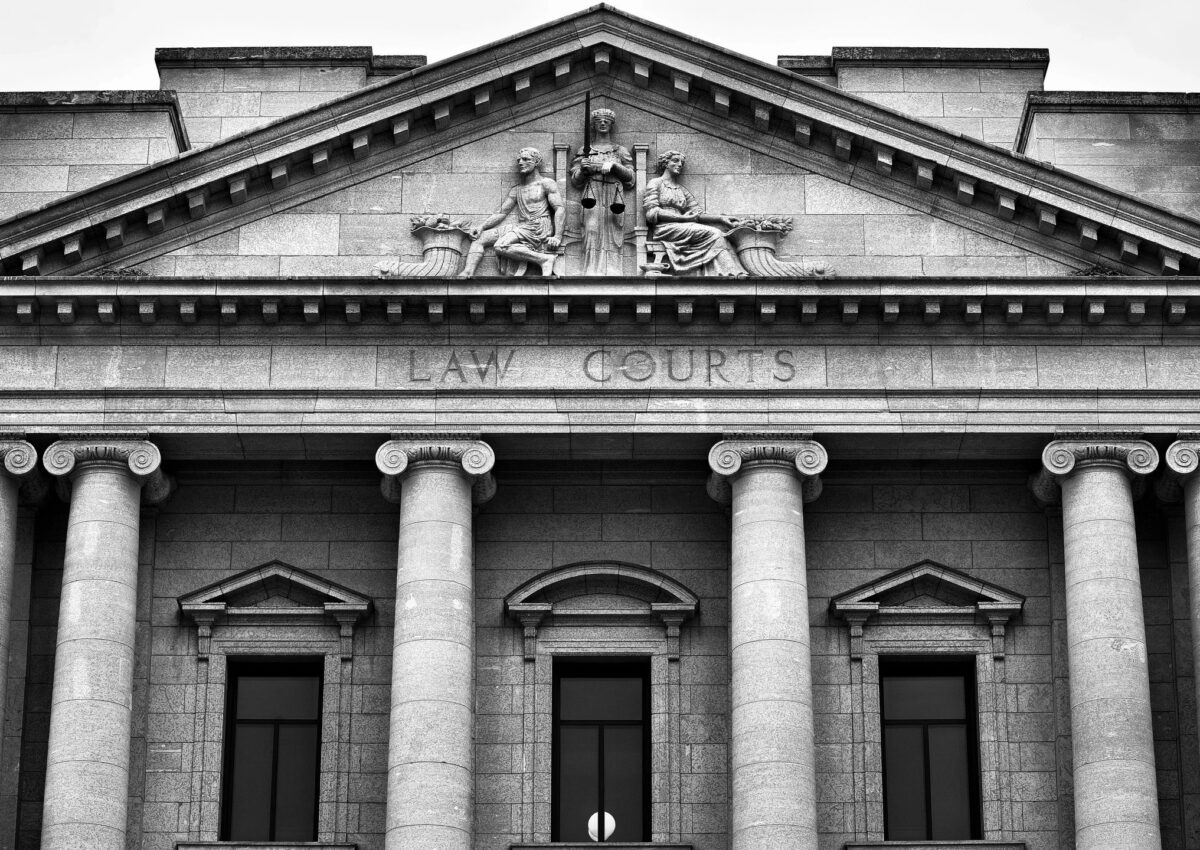
The 23rd Amendment to the U.S. Constitution, ratified on March 29, 1961, was a significant milestone in the ongoing struggle for democratic representation in the United States. It granted the residents of the District of Columbia (D.C.) the right to participate in presidential elections by allocating them electoral votes in the Electoral College, a privilege previously reserved exclusively for states.
I. Historical Context
A. The Status of Washington, D.C.
Washington, D.C., established as the nation’s capital in 1800, was unique in that it was not part of any state. Article I, Section 8 of the Constitution granted Congress authority over the district, making it subject to federal jurisdiction without representation in Congress. This arrangement meant that while residents of D.C. paid federal taxes, they had no voting representation in the federal government.Wikipedia
B. Early Advocacy for D.C. Voting Rights
The movement to grant D.C. residents voting rights in presidential elections dates back to at least 1888, when Senator Henry Blair of New Hampshire introduced a bill to amend the Constitution for this purpose. However, it wasn’t until the Civil Rights Movement of the 1950s and 1960s that the issue gained significant national attention. Activists highlighted the contradiction of a democratic nation denying its capital’s residents the right to vote.Wikipedia
II. The 23rd Amendment: Text and Provisions
The 23rd Amendment consists of two sections:
Section 1
“The District constituting the seat of Government of the United States shall appoint in such manner as the Congress may direct: A number of electors of President and Vice President equal to the whole number of Senators and Representatives in Congress to which the District would be entitled if it were a State, but in no event more than the least populous State; they shall be in addition to those appointed by the States.”Time
This section grants D.C. electoral votes in the Electoral College, equal to the number it would have if it were a state, but not exceeding the number held by the least populous state (which is currently three). This provision ensures that D.C. has three electoral votes, regardless of its population size.Time+1Pieces of History+1
Section 2
“The Congress shall have power to enforce this article by appropriate legislation.”
This section grants Congress the authority to pass laws to enforce the provisions of the amendment, ensuring that D.C. residents can exercise their new voting rights effectively.
III. Proposal and Ratification
A. Congressional Action
The 23rd Amendment was first introduced in Congress in 1959 by Senator Estes Kefauver of Tennessee. The proposal gained momentum in the early 1960s, coinciding with the civil rights movement and growing public support for expanding democratic participation. In 1960, the amendment was passed by both houses of Congress and sent to the states for ratification.Wikipedia
B. State Ratification
The amendment was ratified by the required three-fourths of the state legislatures (38 out of 50) within nine months, making it the second-fastest ratified amendment in U.S. history. Notably, Arkansas was the first state to reject the amendment, while Alabama was the last to ratify it in 2002. The swift ratification reflected widespread support for granting D.C. residents the right to vote in presidential elections.Wikipedia+1Time+1
IV. Implementation and Impact
A. First Presidential Election Participation
The first presidential election in which D.C. residents participated was the 1964 election, where they cast their votes for President Lyndon B. Johnson. Since then, D.C. has consistently had three electoral votes in every presidential election. The district’s electoral votes have been cast for the Democratic candidate in every election since 1964, reflecting its predominantly liberal electorate.Constitution Center+3Wikipedia+3Time+3
B. Limitations of the Amendment
While the 23rd Amendment granted D.C. residents the right to vote in presidential elections, it did not extend to them full representation in Congress. D.C. residents do not have voting representation in the Senate or the House of Representatives, and they do not have the ability to participate in the constitutional amendment process. These limitations have led to ongoing debates about the need for D.C. statehood or other measures to provide full representation for its residents.Wikipedia
V. Ongoing Debates and Future Considerations
A. The Statehood Movement
The lack of full representation for D.C. residents has led to continued advocacy for D.C. statehood. Proponents argue that granting statehood would provide D.C. residents with the same rights and privileges as those in other states, including full representation in Congress. Opponents contend that statehood would require a constitutional amendment and raise concerns about the political implications of adding a new state.
B. Alternative Proposals
In addition to the statehood movement, other proposals have been put forward to address D.C.’s lack of full representation. These include granting D.C. residents voting representation in Congress through legislation or creating a new state composed of D.C. and parts of neighboring states. However, these proposals have faced significant legal and political challenges.
VI. Conclusion
The 23rd Amendment was a significant step toward expanding democratic participation in the United States by granting residents of the District of Columbia the right to vote in presidential elections. While it addressed one aspect of representation, it also highlighted the ongoing issue of full representation for D.C. residents in Congress. The debates and advocacy surrounding D.C. statehood and representation continue to be pertinent as the nation strives to uphold the democratic principles of equal representation for all citizens.
Visit: https://inlandempirelitigation.com/
Law Offices of James R. Dickinson – 909-848-8448
How To Schedule A Consultation:
Please call us at 909-848-8448 to schedule a free consultation/case evaluation or complete the form immediately below. [Please note certain formalities must be completed to retain the Law Offices of James R. Dickinson, such as the signing of a legal fee agreement [see “Disclaimers”]].
